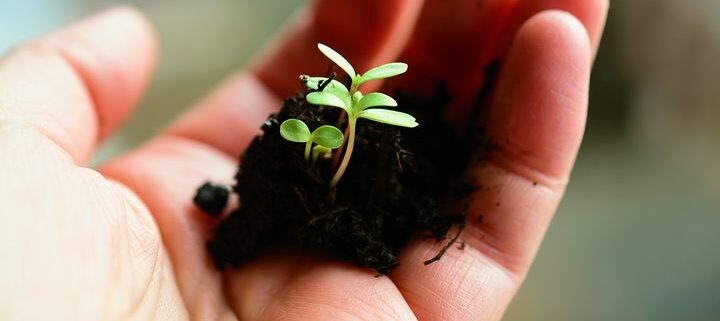The Portion That Was Meant for Consumption
In Deuteronomy 12:17-19, Moses detailed what people cannot eat because of what must be set apart. This measure is holy and it belongs to the Lord. Instead, they must be brought to the Lord as an offering — a sign of the Israelite’s devotion to the Lord.
17 Here are the things you must not eat in your own towns. You must not eat the tenth part of your grain, olive oil and fresh wine. It belongs to the Lord. You must not eat the male animals among your livestock that were born first to their mothers. Don’t eat anything you have promised to give. Don’t eat any offerings you have chosen to give. And you must not eat any of your special gifts. 18 Instead, you must eat all those things in the sight of the Lord your God. Do it at the place he will choose. You, your children, your male and female servants and the Levites from your towns can eat them. Be filled with joy in the sight of the Lord your God. Be joyful in everything you do. 19 Don’t forget to take care of the Levites as long as you live in your land. (Deuteronomy 12:17-19)
It’s important to analyze this passage. It was declared during a time when the people could eat their offering as an activity in fellowship. However, they could not eat all of it. In verse 18, Moses said, the offering can be eaten in the sight of the Lord. The verse also said that as a result of bringing the offering and consuming part of it, that they were to be filled with joy in the sight of the Lord. The Lord desires people’s obedience, but He also wants them to be filled with joy.
Even when the people consumed what they offered, there was a portion that they could not touch because it is holy, and the Lord assigned the consumption of this portion to the priest. In this passage, there is an important reminder for the people. The Lord is saying, “Don’t forget to take care of the Levite as long as you live in the land” (Deut. 12:19). The Levite is the priest. In this context, it is a heave offering. The priests symbolically lift up what is offered, as if to say, “I acknowledge that this is yours.” A portion of these offerings are assigned to them. The attending priest receives the offering as his food. The priest and his family have the divine right to consume the offering for personal nourishment.
When God blesses us, it is usually for one of two reasons, to provide a seed that we must sow, or to provide food for nourishment. When the people offer up from what God provided, they are sowing a seed. They are making their entire wealth holy. However, for the priest, the portion allotted to them is for personal consumption. The Lord directly says that they are to eat the portion that is appointed for them.
Your weekly dose of prophetic wisdom and anointing awaits you. Join our LIVE Conference Call!
1) Call 515-604-9266
2) Go to startmeeting.com, and use the login: BishopJordan
Are you with a seed for sowing or for nourishment?






Leave a Reply
Want to join the discussion?Feel free to contribute!